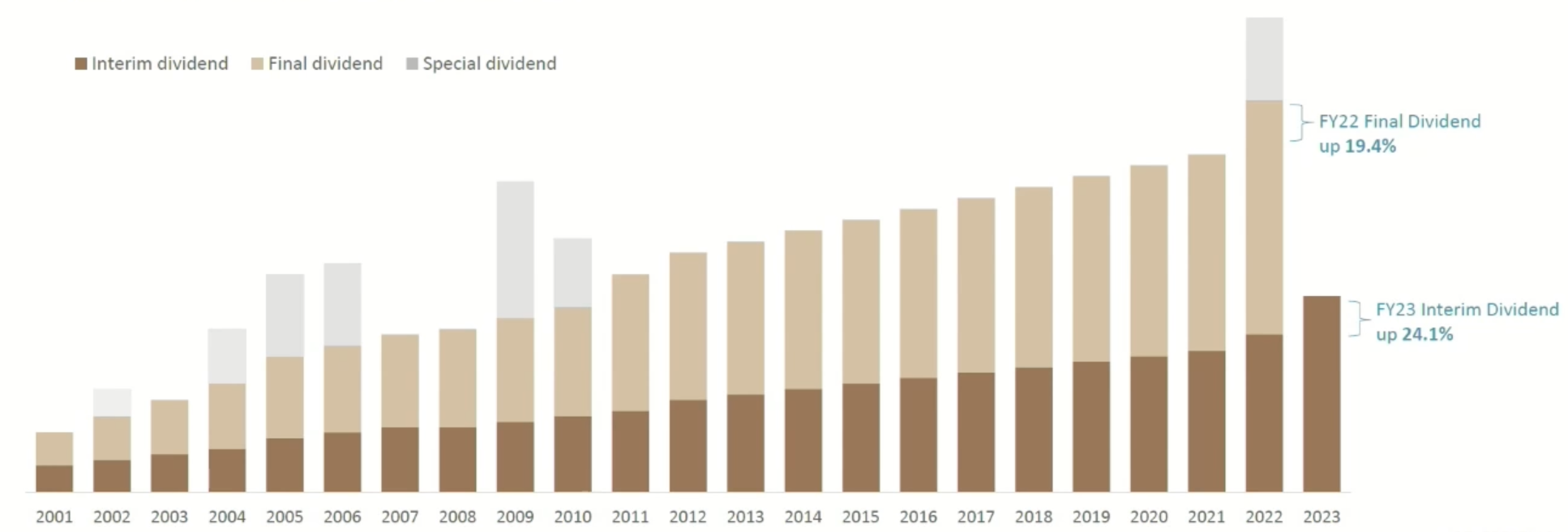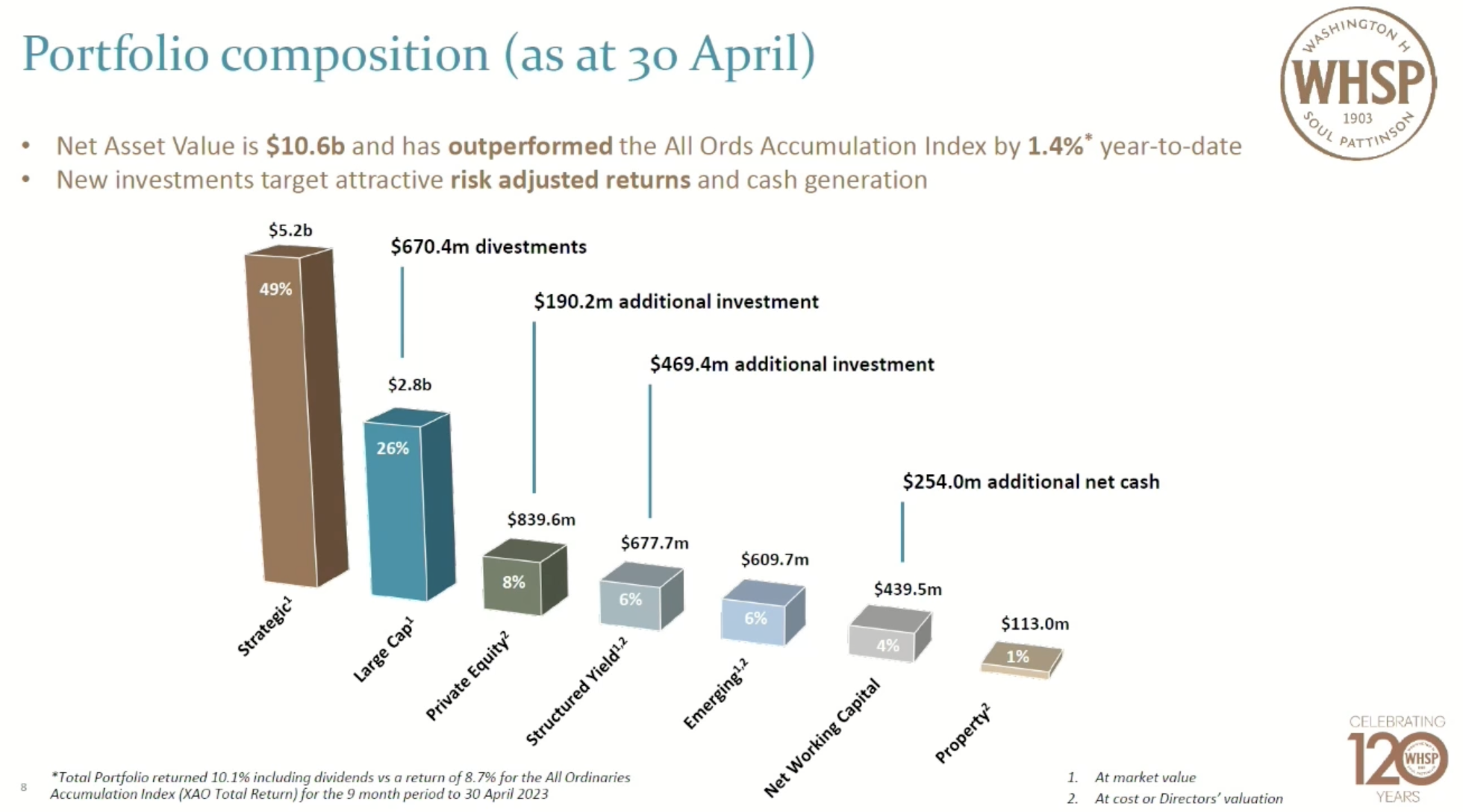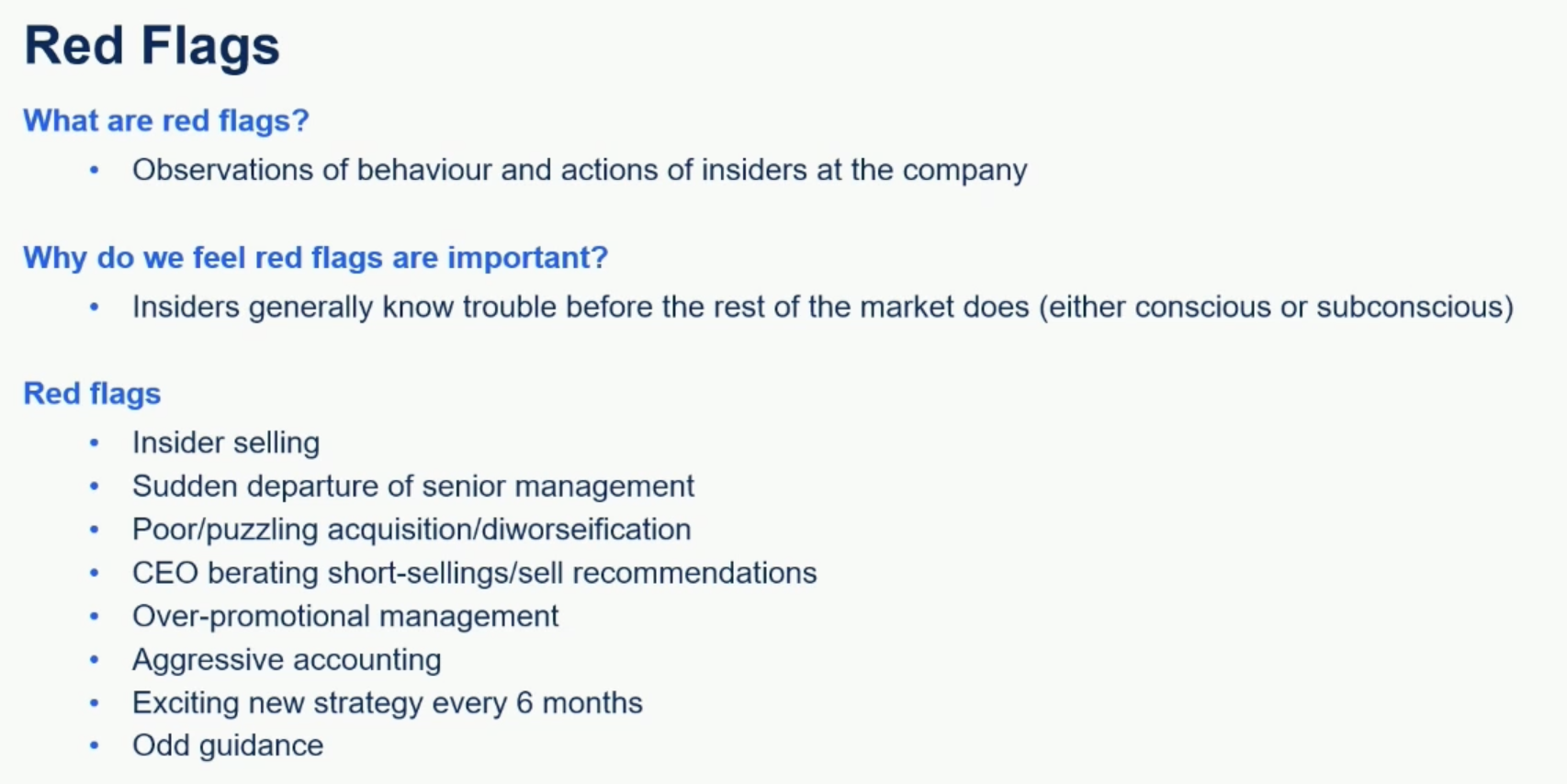Two value investors share two very different approaches to today's equity market
Here's a phrase which will do anything but surprise you: value investing is back in vogue.
But as a style, value investing can be a very broad term. Sure, it means leaning into underpriced and undervalued assets. But value investing can also mean shorting overpriced assets or those which are market darlings or on the receiving end of lazy research. It can also mean investing in defensive assets right across the investing spectrum, with the aim of finding as much income as possible.
All those things can be true and all of them can apply to today's investing climate. To prove it, two value-heavy investors presented at this week's Bell Potter VOICES conference and both had very different visions on how to generate returns for clients.
In this wire, I'll present the insights of those two investors - Perpetual Asset Management's Anthony Aboud and Washington H Soul Pattinson (ASX: SOL) CEO Todd Barlow.
Barlow's long-only "sovereign" fund
The approach at Washington H Soul Pattinson is deceptively simple. By investing in high quality assets and mitigating the risks you can control, you can generate outsized returns and strong incomes for investors. Or as Barlow puts it, building a portfolio of investments that mimics the qualities of a sovereign fund but can outperform one. It's a strategy that has paid off handsomely for shareholder.

But in the last 18 months, that strategy has been an easier task to say than execute. To stay ahead, Barlow and portfolio manager Dean Price have one core investment trait.
"When we talk about diversification, we're not talking simply about owning lots of things that act in the same way. We're talking about uncorrelated assets and you don't need to have a lot of them to achieve the benefits of diversification," Barlow said.
"We tend to concentrate on the winners, but we do have a portfolio that acts differently throughout the cycle."
Barlow admits the team has turned over 30% of the portfolio in the last 12 months alone.
Going forward, Barlow is noticeably more cautious. The team are moving back into quality investments that are both strategic and high-yielding. Strategic investments such as the company's long term stakes in TPG Telecom (ASX: TPG), New Hope Coal (ASX: NHC), and Brickworks (ASX: BKW) make up 50% of the portfolio's current composition.
The fund's largest individual ASX 200 holding is CSL (ASX: CSL). Recently, the healthcare giant handed out earnings guidance which came in well below analyst expectations. CEO Paul McKenzie said that while product demand remained strong, currency fluctuations had a much larger impact on its financials. But Barlow and Price remain optimistic about its future.
"It's an excellent company and one that we've been quite positive on for a long time," they said.
It also maintains a "pretty large" exposure towards overseas companies.

In contrast, the fund has been lightening its stake in large caps and redistributing it into private equity and structured yield-style investments. Price says the rationale for this move is that the market is too expensive in a recession base case scenario.
The portfolio also holds about $600 million - or 6% in cash.
Aboud's shorting process
In the Washington H Soul Pattinson presentation, the entire conversation was about long-term investing. But for Anthony Aboud, who runs the Perpetual SHARE-PLUS Long-Short Fund, shorting is also an important part of the investing process. Aboud focussed his presentation on the merits of shorting and the red flags he uses to find candidate companies.
"Our philosophy is that we like to make money on each individual position. We don't short the hedge," he said.
The biggest clues, in Aboud's view, generally come from management given they know more than the market and would know well ahead of the market. The complete list is provided in the image below:

One of the non-insider related red flags is when a CEO tells off an analyst. It's a story that Aboud is familiar with and hasn't been afraid to jump into.
"The big one for me is when I have seen a few CEOs in the past who have issued cease and desist letters to stockbroking analysts who have come out with what I consider to be pretty good research. That's always a chunky red flag for us," he said.
After those red flags are ticked, Aboud says the fund generally wades into one of four different kinds of short types.
- Over complicated accounting
- Expensive companies with deteriorating quality
- Companies in structural decline (from a revenue perspective)
- Flawed business models
Moving forward, Aboud says he's finding more shorting opportunities in the insurance and retail sectors.
And there is one stock in the commodities space which Aboud is a fan of. Given the ongoing supercycle may likely continue due to a lack of supply side response, Aboud is a fan of Iluka Resources (ASX: ILU).
"What I think is not being property valued is their rare earths," he said. "They've got the balance sheet and they don't need to do any off-takes yet. And I respect that. We feel there's still some hidden value so that's not a bad way to play it," Aboud added.
3 topics
6 stocks mentioned
1 fund mentioned
2 contributors mentioned

